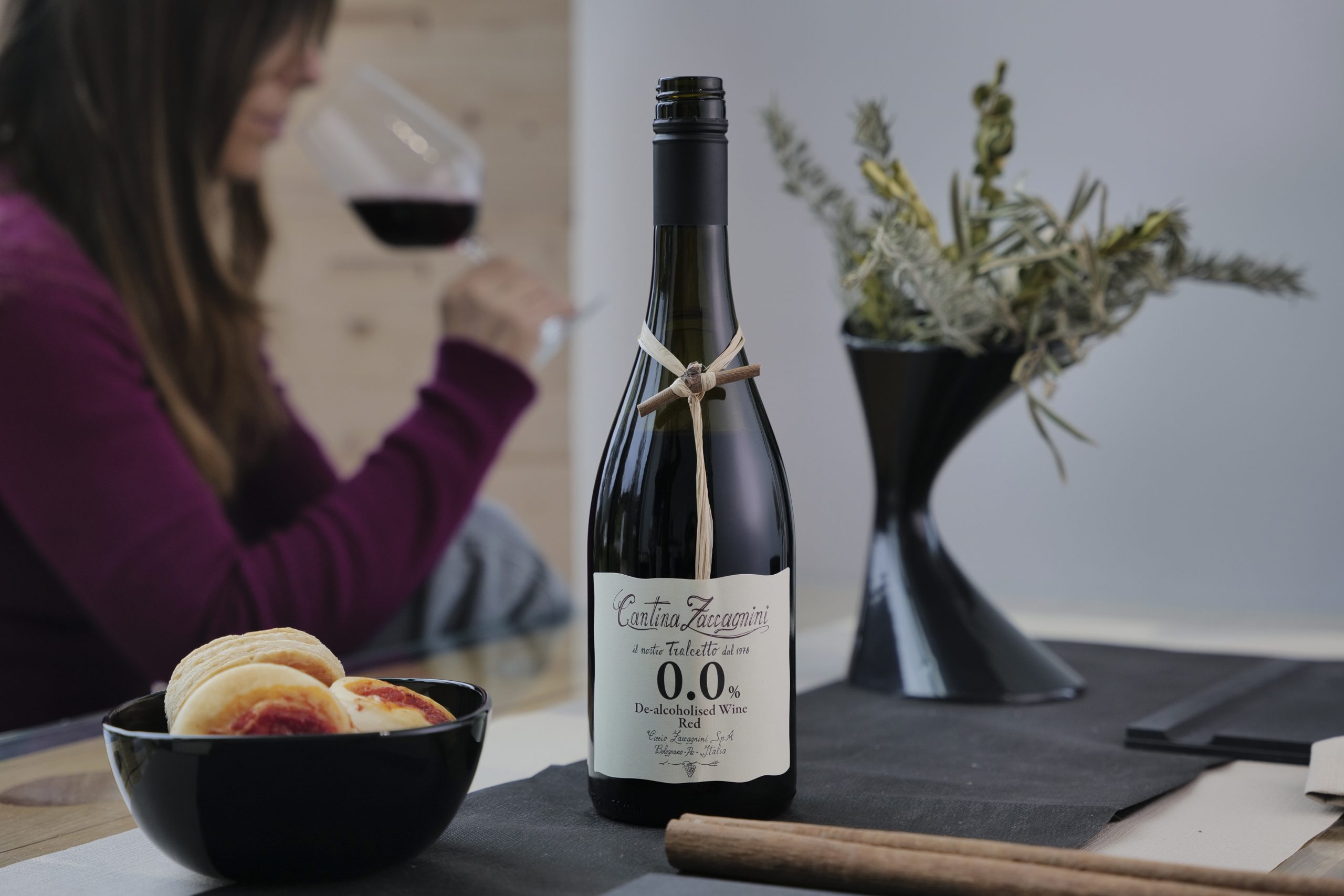What to do with German wine?
The terminology surrounding German wine needs an overhaul and Riesling’s message needs to be backed up with other varieties, according to trade members gathered for the Wines of Germany Question Time in London yesterday.
The question and answer session, part of the Riesling & Co tasting, saw a panel of industry experts answer questions posed by the floor on what Riesling and German wine in general can do to raise its profile and popularity in the UK.
The panel comprised Marks & Spencer’s beer wine and spirit category manager, Andrew Bird; Hakkasan Group wine buyer, Christine Parkinson; Wine Intelligence chief operating officer, Richard Halstead; Matthew Clark wine consultant, Andrea Ruggeri; and Justerini & Brooks marketing manager, David Brown.
The conversation ranged from the benefits of German wine’s low alcohol levels, its sweetness levels versus dry styles, the use of other varieties and packaging concerns.
On the subject of the fast-emerging dry wines at the expense of the more traditional off-dry styles, Bird stated: “Germany does off-dry incredibly well and shouldn’t try to become something it’s not.
“On the other hand, it has done dry wines for many years and does them well. More important, though, is trying to reclaim the language of dry and sweet.â€
Parkinson and Brown both thought that dry wines added greater diversity and strength to the German wine category.
Partner Content
Ruggeri, however, was firmly of the opinion that “if Germany wants to claw back market share it has to go back to its origins and engage with the consumer with what it does best.â€
Not that the panel was suggesting German wines pursue the cheap and sweet option that has left the category in its present predicament. Indeed, speaking to the drinks business at the tasting afterwards, Steffen Schindler, marketing director of the German Wine Institute, said: “We should focus on value. We could be very happy in our niche.â€
Earlier in the discussion Bird had said: “You need to pick your fights and Germany needs to pick medium to high-end whites and high-end reds.â€
The discussion as to what grape varieties could support Riesling saw Parkinson suggest Silvaner in the on-trade as “it’s easier to launch new white wines in restaurants,†and Brown and Bird cautiously suggesting that, with a bit of time and effort, German Pinot Noir had an equally good future in the UK.
Look out for more on current German trends and analysis of where its market is going in the July issue of db.
Rupert Millar, 12.05.2011




